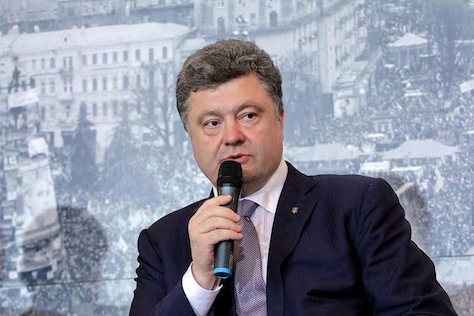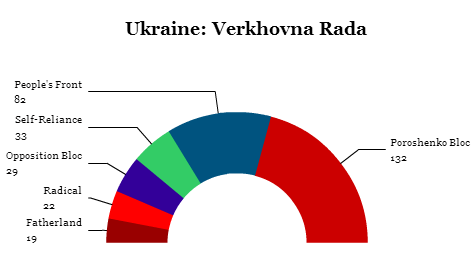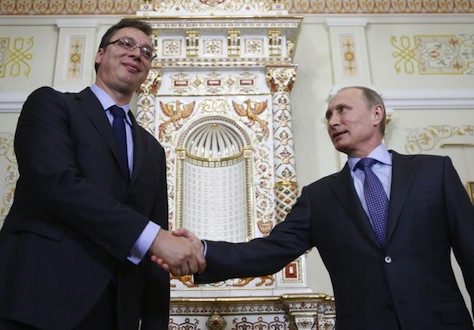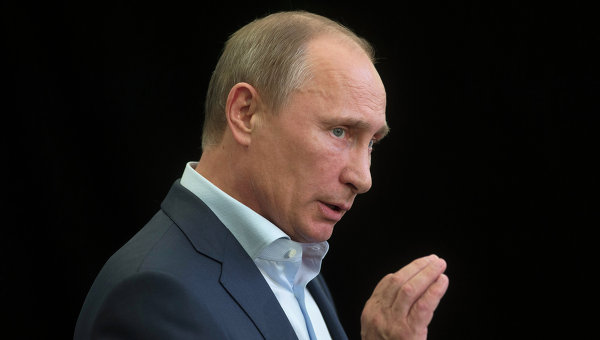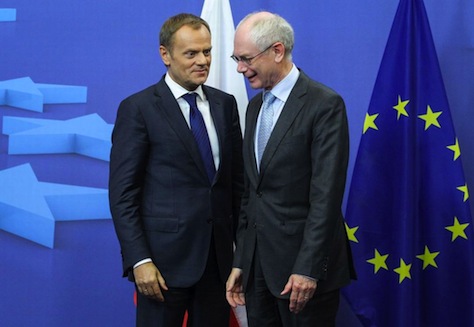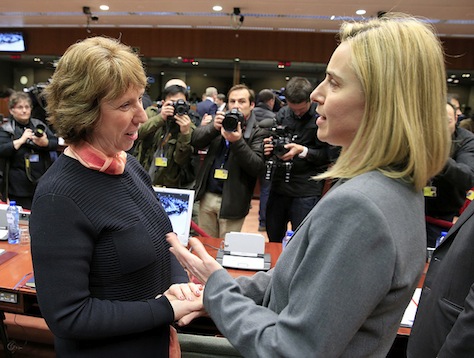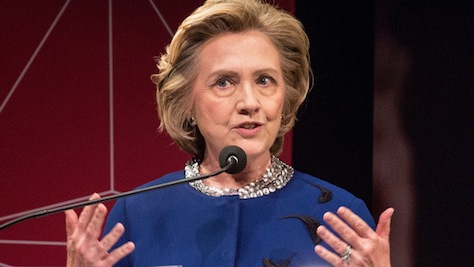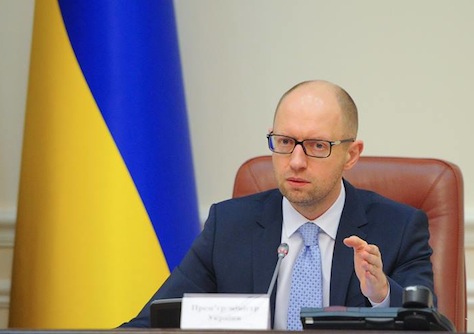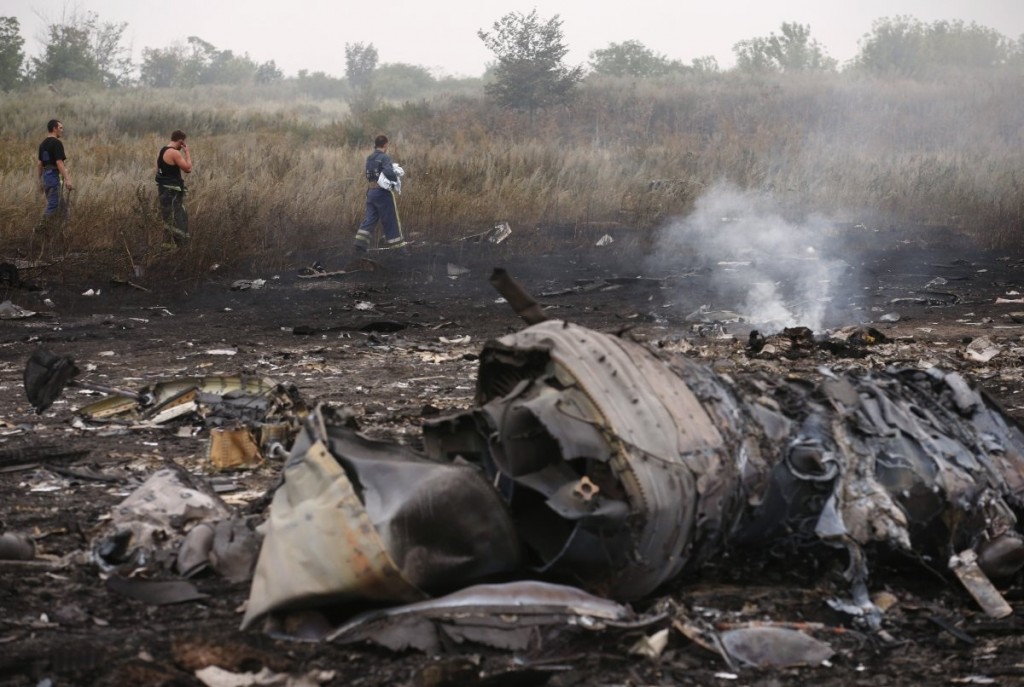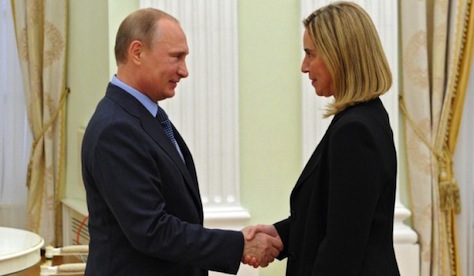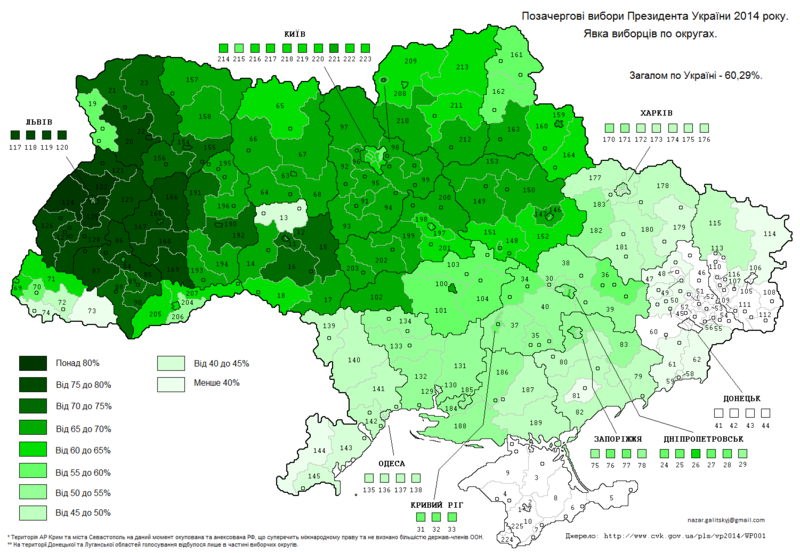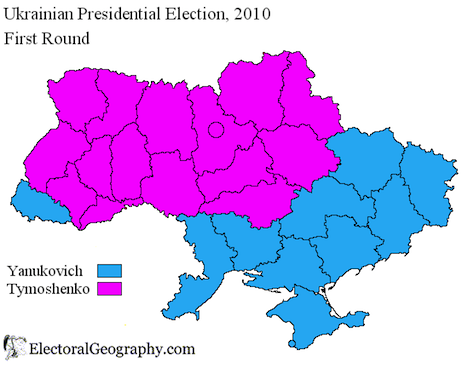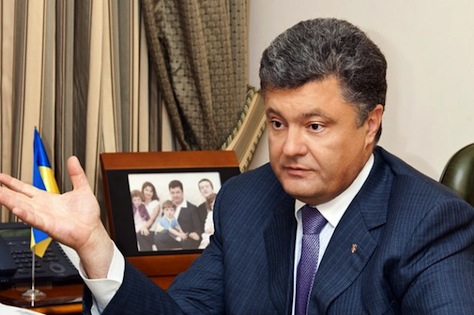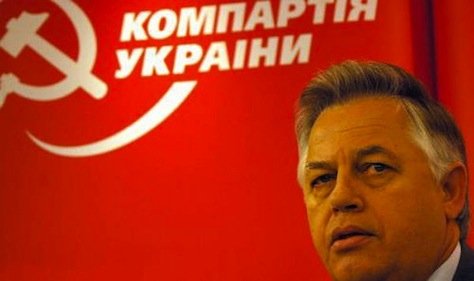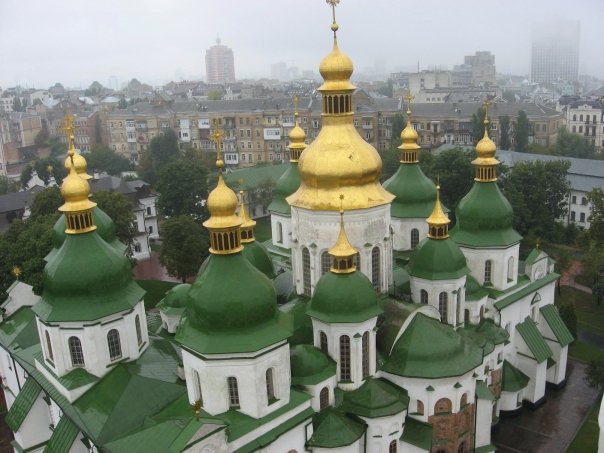
Ukraine, a country of just over 45.5 million people will elect a new president in national elections on May 25 — the same day as European parliamentary elections across the continent. 
The vote follows a tumultuous year in Ukraine, where former president Viktor Yanukovych fled office at the end of February, after police forces opened fire on protesters gathered in Kiev’s Maidan square, in protest to the Yanukovych government. Though the protests began over Yanukovych’s volte-face over signing an association agreement with the European Union, they quickly became broader protests against Ukraine’s economic malaise and widespread corruption.
The anti-Yanukovych protests followed similar protests in November and December 2004, following fraudulent elections that initially delivered the presidency to Yanukovych. The protests, dubbed the ‘Orange Revolution,’ led to a new runoff and the victory of pro-Western president Viktor Yushchenko.
Six years later, however, Yushchenko had become an ineffective president, and the leading figures of the Orange Revolution remained divided amid fierce infighting. In the January/February 2010 election, Yanukovych defeated the pro-Western prime minister, Yulia Tymoshenko, by a narrow margin. As in 2004 elections, Russian-speaking easterners, with greater cultural ties to Russia, favored Yanukovych, while Ukrainian-speaking westerners and residents of Kiev, the capital, with a strong pull toward Europe, favored Tymoshenko/Yushchenko.
Upon taking office, Yanukovych jailed Tymoshenko on trumped up charges relating to a natural gas agreement Tymoshenko signed under duress in a standoff with Russia during her premiership.
After Yanukovych fled, the Ukrainian parliament, the Verkhovna Rada, appointed its speaker, the pro-Western Oleksandr Turchynov, as interim president. Turchynov, in turn, appointed a government headed by former finance minister Arseniy Yatsenyuk.
Businessman Petro Poroshenko is widely tipped to win the May 25 vote — if he fails to win over 50% of the vote, he’ll face the second-place candidate in a June 15 runoff. His opponents include Tymoshenko, former central bank president Serhiy Tihipko and Yanukovych ally, and Mykhailo Dobkin, the former pro-Yanukovych governor of Kharkiv oblast. Parliamentary elections are expected to follow later this year.
Ukraine’s next president faces a divided country.
On March 16, Crimea voted in a widely disputed referendum to be annexed by Russia, whose troops had already asserted control over the peninsula, garnering condemnation from the US and European governments, which imposed limited economic sanctions on Russia. Throughout April and May, pro-Russian separatists began agitating for independence and/or Russian annexation in the eastern oblasts of Donetsk and Luhansk. Though Russian president Vladimir Putin has been less aggressive in recent days, it’s still uncertain how the next Ukrainian president can unite a deeply broken country.
* * * * *
Find below Suffragio‘s coverage of events in the
post-Yanukovych era, including the May 25 presidential election:
Is Yatsenyuk’s resignation good or bad news for Poroshenko?
July 30, 2014
Malaysia Flight 17 will hasten Ukraine-Russia cooperation
July 17, 2014
A closer look at Ukraine’s election results
May 29, 2014
Exit polls show Poroshenko will easily win Ukraine’s presidency
May 25, 2014
Can Poroshenko deliver his fairy-tale promises to Ukraine?
May 22, 2014
The Symonenko debacle undermines Ukraine’s electoral legitimacy
May 20, 2014
How the eastern Ukraine referenda relate to the May 25 election
May 12, 2014
All you wanted to know about Ukraine’s Donbass region
April 18, 2014
Forget 1938. Here’s another historical analogy: 1914
March 18, 2014
Crimea prepares to ‘vote’ in status referendum
March 14, 2014
Ukraine (Crimea and Sevastopol) fact of the day
March 7, 2014
Brussels trumps Washington and Moscow over Ukrainian crisis
March 5, 2014
Let Russia take Crimea — the focus should be on Ukraine’s economy
March 2, 2014
* * * * *
Find below Suffragio‘s coverage of the events leading up to the ouster of former president Viktor Yanukovych in February 2014:
What comes next for Ukraine following Yanukovych’s ouster
January 30, 2014
What protesters in Ukraine and Thailand are getting wrong
January 30, 2014
Why more protests won’t solve Ukraine’s political crisis (and why the Orange Revolution didn’t either)
December 5, 2013
* * * * *
Find below Suffragio‘s coverage of the October 2012 parliamentary elections:
More final thoughts on Ukraine’s election and Tymoshenko’s future
November 2, 2012
Yanukovych declares victory in Ukraine with exit polls showing narrow win
October 28, 2012
Klychko hopes to deliver knockout punch in Ukrainian election
October 26, 2012
Red October: Four autumn elections boost Moscow’s influence in Russian near-abroad
October 17, 2012
Fear of democratic backslide under Yanukovych as Ukraine prepares for elections
October 16, 2012
Photo credit to Bernard Anthony Burrola — Saint Sophia’s Cathedral, Kiev.
![]()

